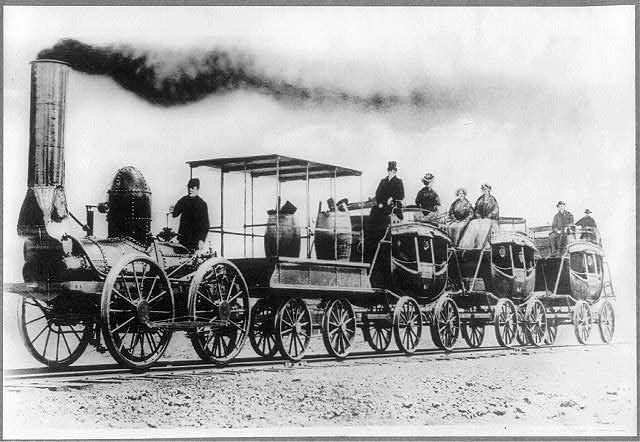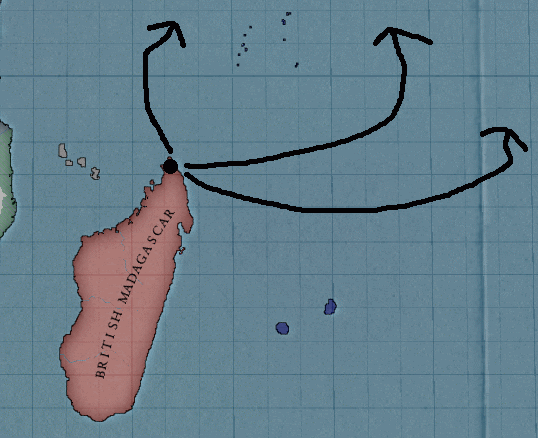First Parliament of the Republic of Britain – 1836-1841
With the new Republic of Britain now clearly established the Grey administration could ready themselves to go about the process of running the new state.
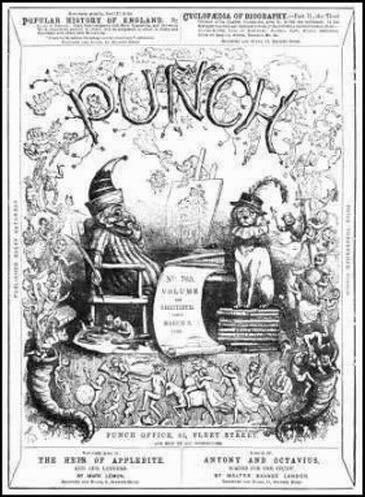
The first years of the new Republic marked an explosive outburst of political and economic liberalism. With the promise of unhindered free speech the first issues of Punch magazine, the Reform Club (a group of mostly Radical MPs and other individuals devoted to reforming the Republic as much as possible) and the famed Committee for the European Revolution all entered the common consciousness. The CER is particularly interesting. During the foreign invasion of the British Empire the French made a brief attempt to seize the Channel Islands. They were forced out by a militia of local inhabitants who claimed to be radical liberal revolutionaries. Ever since the islands had been a stronghold for the most radical elements of the British intelligentsia. When a group of German liberals were forced to flee from their homelands in late 1836 the Channel Islands (that enjoyed a small degree of self governance and had its own elected Assembly) offered them asylum and a place from where they could continue to study and publish their works. When these radicals entered the already significant community of far left liberals on the Islands several outlandish minds conspired to create a group dedicated to liberating Europe from its Monarchies. Whilst small and in truth largely insignificant the group was widely publicised and created a lot of resentment in Europe. France even openly demanded that the government shut down the group’s newspaper (which was being smuggled into France) – the British Parliament flatly refused.
Elsewhere the report on child labour was presented to Parliament in early 1837, so shocking were the reports (made public by the newspapers almost instantly) that Parliament voted almost unanimously to ban child labour.
Perhaps as important as the new political freedoms that were shaking British society the British economy also surged forward. Inspired by general feelings of optimism and the tax cuts for the enterprising introduced by the Treasury there was a huge amount of investment in British industry and in the first real attempts to create a nationwide rail service (admittedly railways remained concentrated in areas of industry). With large amounts of investment and large supplies of surplus labour from demobilised troops from the Civil War the British economy was in an ideal situation to experience a boom that would last from 1836 until 1839 – over which time industrial output doubled.
Diplomatically, things were more complicated. Britain’s relationship with the continent remained icy. One of the few countries that had a friendly government (Belgium) was invaded in late 1836 by a coalition of Dutch and Portuguese forces with Russia providing naval and financial backing. Whilst France did not take part there remained talk of a division of the country with the Dutch. This situation strained British relations with the continent to breaking point – things were not improved by the British policy of selling arms to Belgium at below market prices. In the end the Belgians were to be victorious, but the conflict made clear that Britain’s political future lay away from Europe.
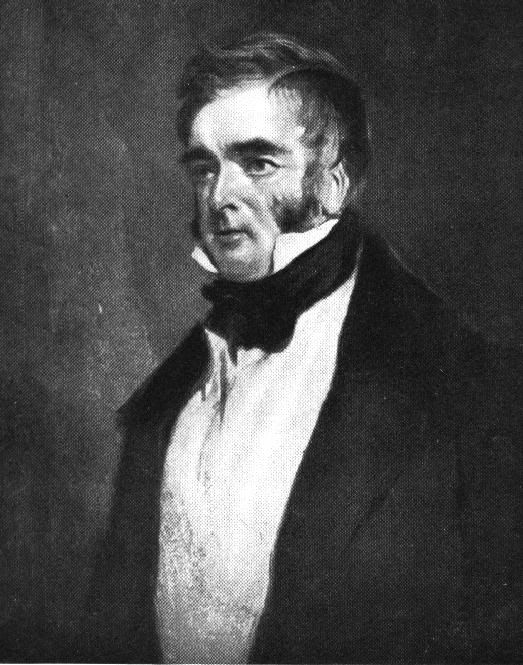
Foreign Minister, Lord Melbourne was the first to pioneer the idea of creating an area of British influence in the English speaking world. The decision to try to re-establish British influence over Australia was certainly obvious – the country had a very small population made up of Aboriginals and immigrants from the British Isles. The small European settlements in the country were barely self sustaining and had little protection should the Aborigines choose to attack (the fear of an attack would long persist despite their rather peaceful nature). However moving to restore influence in North America was a bolder and more difficult prospect. Urged on by the Radicals the government was bound to seek good relations with the USA, however the policy of restore influence in Canada and the Atlantic Republic (the union of Atlantic based states, separated from the Ontario based Canadian nation) directly angered Washington. For, with the collapse of the British Empire, the United States had started to look upon itself as the foremost English speaking power and the obvious hegemon over Canada and the Atlantic Republic. Britain’s attempts to woo America whilst restoring influence in its former lands to the North of the US could never succeed.
In the end British foreign policy in North America was highly disappointing for all parties. As relations with the Americans deteriorated the British government decided to withdraw from Canada whilst continuing to expand their influence over the Atlantic Republic. The Republican dream of an alliance between democratic, English speaking Republics across the Atlantic had failed whilst the dream of a restoration of British control over the former Anglophonic sections of the Empire was to be nothing but a partial success.
Attempts to renew economic and political influence in lightly populated but culturally British former colonies was one thing, but the Whigs had promised to begin the construction of a new overseas Empire that would be of actual economic advantage to the homeland. It was clear that the future of the Empire lay to the East and in Asia. However, it was clear that without access to ports in Africa it would be impractical to project power into South and East Asia. Thus the debate of where to look to create a way station between Britain and the markets of the East. Egypt was a very popular target - here there was potential for some sort of waterway to be built to connect the Red and Mediterranean Seas (a goal of Empires for thousands of years) – something that would greatly reduce the travel time between Europe and Asia. Egypt also provided economic potential in its rich cotton fields. However, in spite of all these positives there were practical concerns. Even the most modern technology would struggle to create a waterway large enough to properly suit the needs of the merchant fleet, Britain could not muster more than 18,000 men to take part in any invasion, finally there were diplomatic concerns with the Ottomans almost certainly willing to fight to prevent the British from seizing Egypt and the French likely to assist them. Therefore the government looked to their alternative – the island of Madagascar.
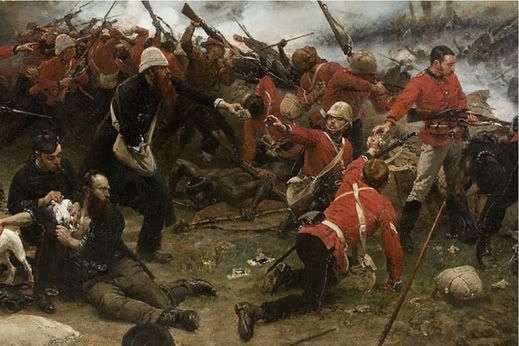
The Malagasy War was to last from April 1837 until August 1838, an army of 18,000 British soldiers successfully subjugated an island the size of Britain; thick with rainforest and mountains.
More important than the conflict it was the outcome. Shortly following victory the British would begin the construction of a port on the Northern tip of the island. This marked the beginning of the so called ‘third British Empire’.
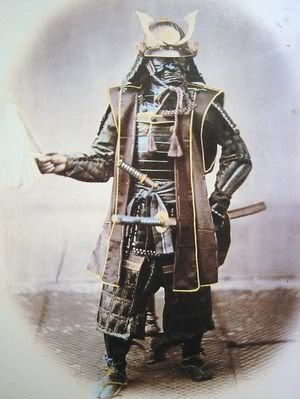
In a remarkably short period of time the British had started to send ships far into East Asia. The market they seemed to have their eye on was Japan. For centuries Japan had existed in near total isolation from the rest of the world and from Europe in particular. This is what makes the British successes in making headway into the country so impressive. The first British trading posts had been allowed to set up in late 1838, in spite of the anger of much of the Japanese ruling elite. In 1840 a group of dissatisfied samurai attacked the trading post and killed three British citizens. This action provided the British with justification to send 3 warships into Tokyo Bay. Faced with this impressive show of force both the Shogun and slightly later the Emperor of Japan would sign treaties with the British government. The treaties promised unhindered trade between Japan and Britain but also promised Britain a trading monopoly.

Back in Europe things started to rapidly deteriorate for the Whig-Radical alliance from the year 1839. During the first part of the year the economic boom that had graced the Republic’s first years started to grind to a halt as taxes were raised across the board in order to pay off the growing national debt (£48,000 at the start of the year). Then in the summer the first reports started to come to Britain of ongoing battles in Ulster between Protestants and Catholics (at this stage they were really no more than fights between gangs but the press grossly exaggerated them). The Tories championed a popular wave of jingoism that pushed for a war to restore Ireland to Britain and protect the British of Ulster. This in itself might not be a problem if it were not for the fact that the Radicals were fiercely opposed to war whilst the majority of Whig MPs seemed to be in favour. At the same time the health of the Prime Minister was fading as the once domineering Early Grey struggled to even attend Cabinet meetings. On November 14th 1839, by this stage bed stricken and seemingly on death’s door, Charles Grey resigned as both the leader of the Whigs and as Prime Minister. Now both the Party and the country needed a new leader. Whilst the Radicals initially made proposals for John Bright to become the new Prime Minister it was clear that it would have to be a Whig who would lead the country if the coalition was to survive. In the resulting contest John Spencer, the 3rd Earl Spencer, (pictured above) won out over Lord Melbourne. Melbourne, whilst most desirable for the Whig Party itself, was not seen as a man who could hold the coalition together in a time of strife. Spencer, on the other hand, had a history of championing reform whilst he enjoyed universal respect in Parliament. An anecdote tells a story of an incident in Parliament, following a brilliant speech by a Tory member Spencer needed only stand up and say that he "had collected some figures which entirely refuted it, but had lost them’’ to silence his opponents. Such was the level of trust and respect that he held that Parliament believed him.
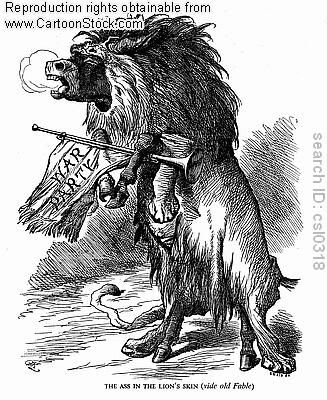
He may have enjoyed respect but that would not save Spencer from the problems he was facing. The economy had slumped to a standstill with unemployment on the rise for the first time since the coalition took power and investment in industry virtually halted. But much more damaging was the situation in Ireland. Throughout 1840 the British press continued to whip up a Jingoistic hysteria over the Irish question as reports of Catholic atrocities, Papal agents and French military bases flooded the presses. Whilst the young Irish Republic was indeed looking to establish relations with the Catholic powers of Europe it remained an outcast almost as much as Britain whilst the level of attacks on Protestants remains unknown but was certainly not a state mandated policy.
With the unrestricted press pushing his coalition to breaking point over Ireland Spencer would face another attack – this time from across the Atlantic. Whilst the Americans had grudgingly accepted the British presence in the Atlantic Republic over the past few years in June 1840 the Treaty of Halifax created a military alliance between the Atlantic Republic and Britain – an article of which gave the British permission to use the Republic’s ports to base warships in (although it was agreed that no permanent base would be established). Whilst primarily serving to restore a degree of British influence in the Americas the Treaty was also an attempt to improve the coalition’s reputation for renewing Britain’s overseas influence. However the Spencer government seemed to overestimate just how far Washington’s toleration would extend. Anti-British sentiment in America was still a very powerful force and this provides pressure on the Presidency from below whilst constant reminders of the Monroe Doctrine provided pressure from above. Essentially the American government was forced to confront Britain over the Treaty of Halifax. The Radicals pushed for conciliation with the Americans – who they still regarded as Britain’s closest friends – whilst the Whigs wished to stay firm on the issue. Spencer sided with his own party and promptly ignored the Americans – severely damaging relations with both the US and Radicals.
The coalition lurched on for another year with the Irish question lingering in the air and the economy failing to return to growth in spite of tax cuts and the paying off of the national debt. The final straw that would break the camel’s back came in June 1841 when a delegation from the Atlantic Republic came to London with the extraordinary request to become integrated into the British Republic. Fearing an open war with the Americans if the proposal was to be accepted the Radicals assured Spencer that they would walk out of the coalition for good if he accepted the proposal. With the maximum term only months away Spencer decided to spare the country the collapse of a government and called an election.
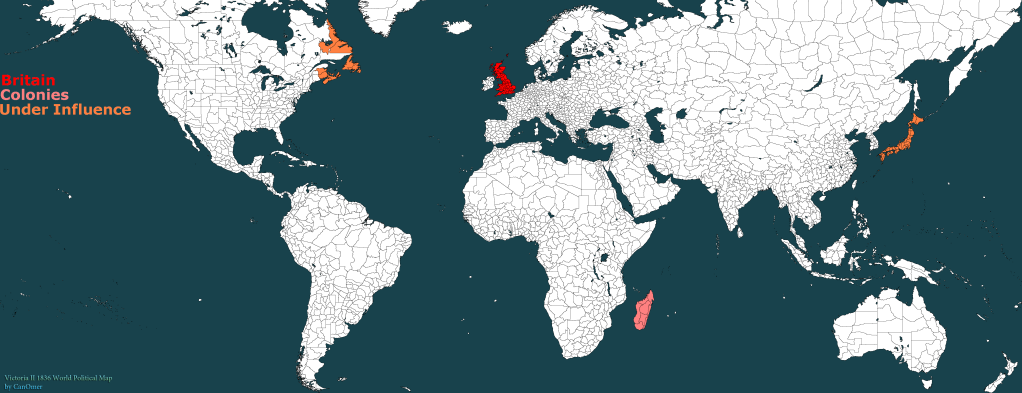
Britain would enter its first election as a Republic with foreign affairs dominating the political landscape. Should the Atlantic Republic be annexed? If so would it be a full part of the Republic with Parliamentary representation or would it be a semi-autonomous colony? Should Britain invade Ireland? If so what would be the island’s fate? Should Britain look to return to Europe affairs? Does the Empire’s future lie in the East or the West? Does Britain even need an Empire?



